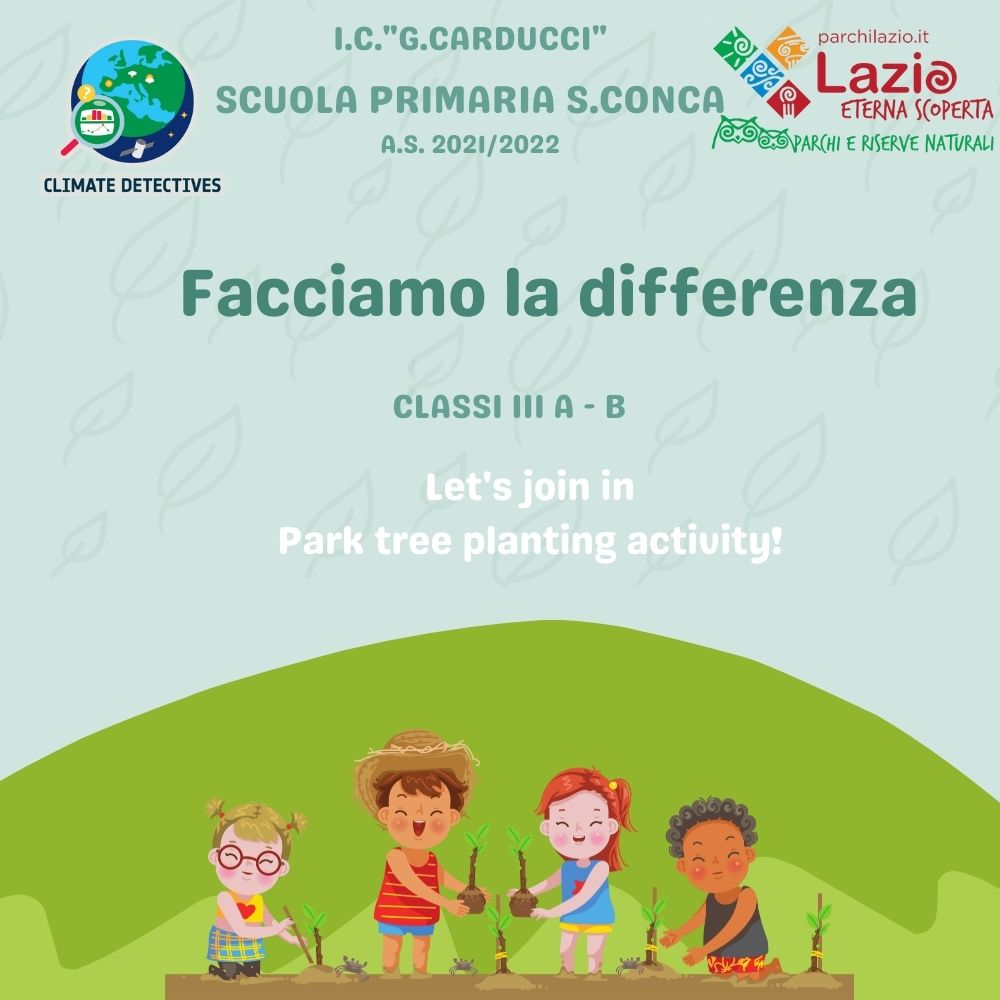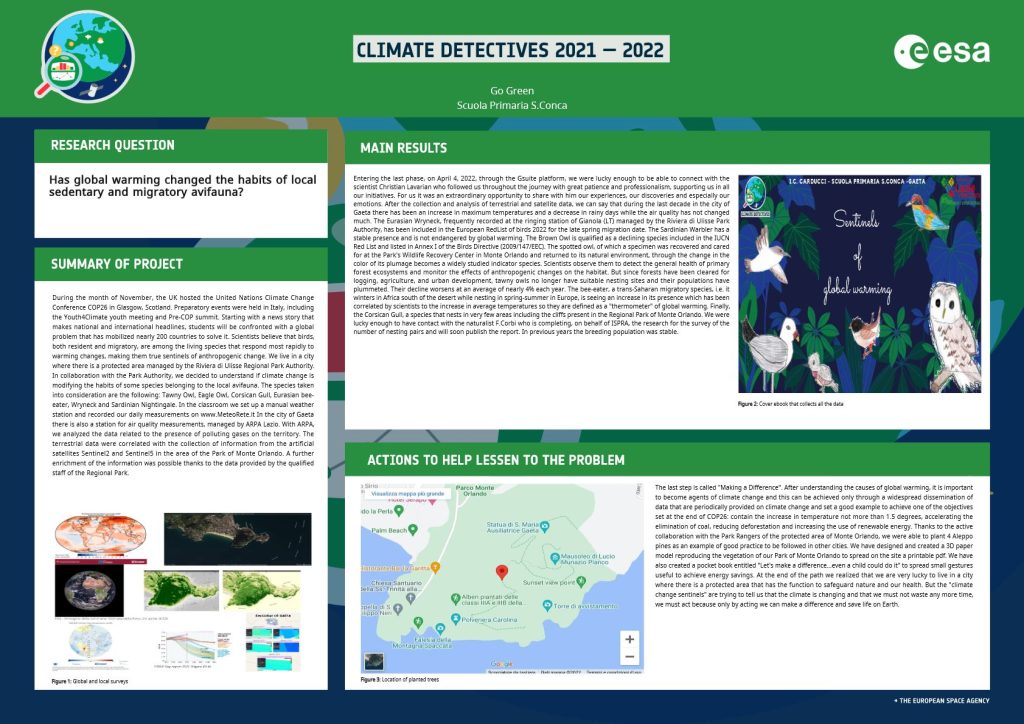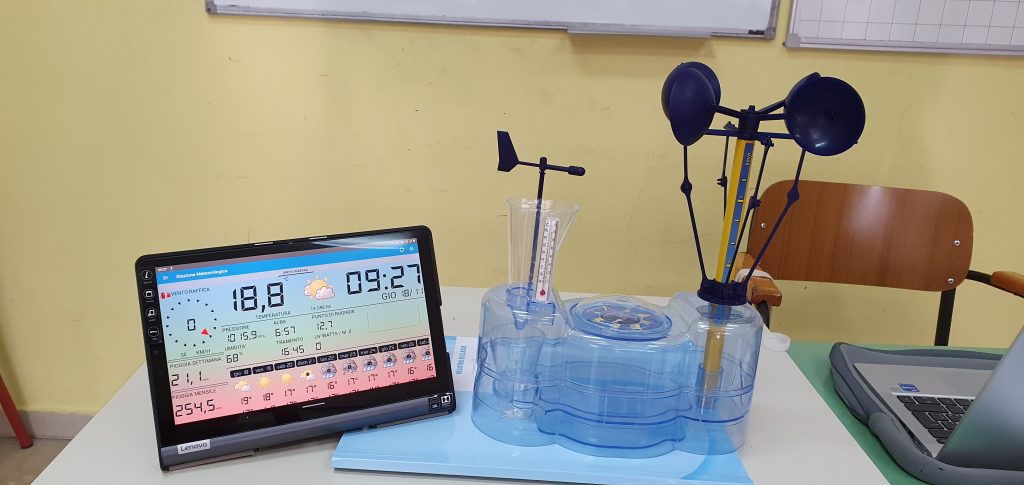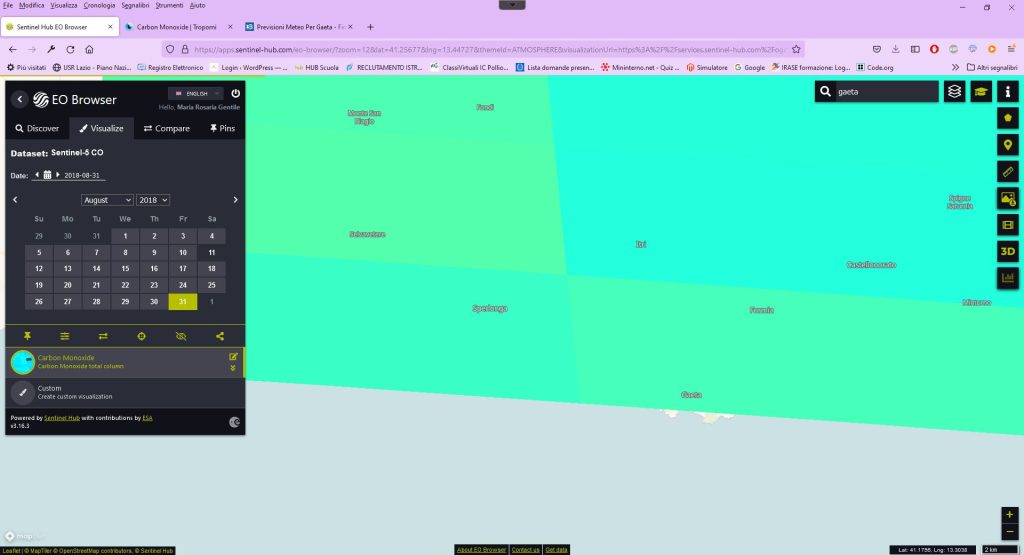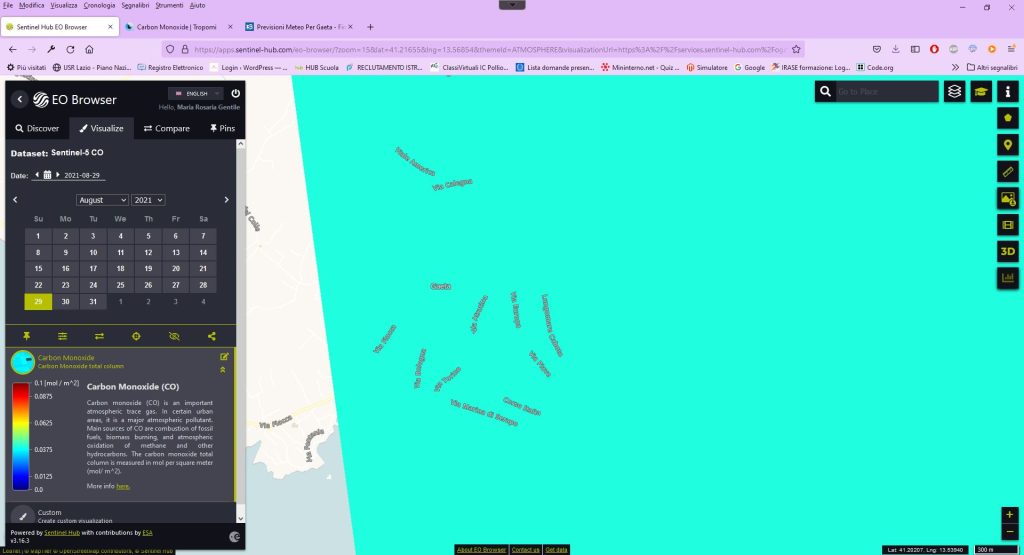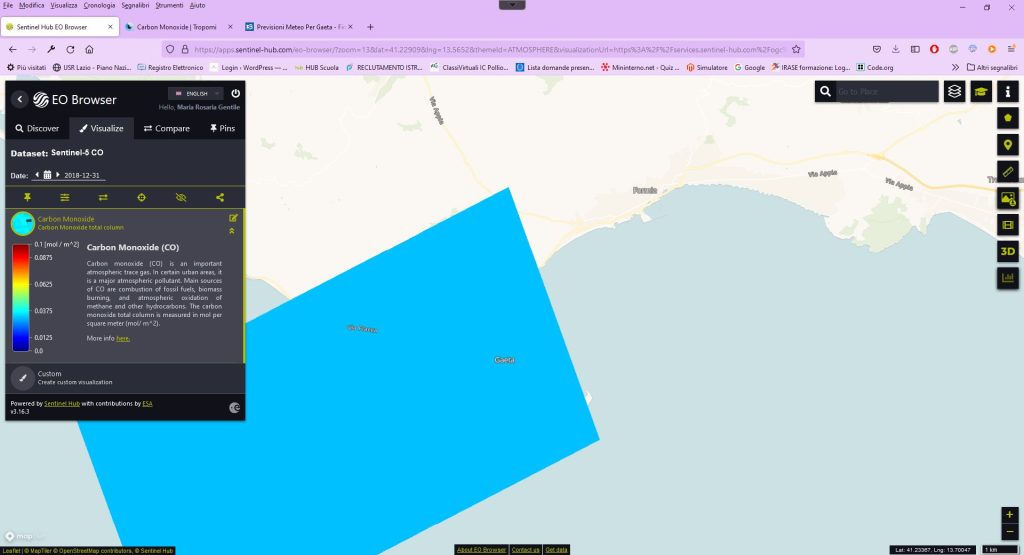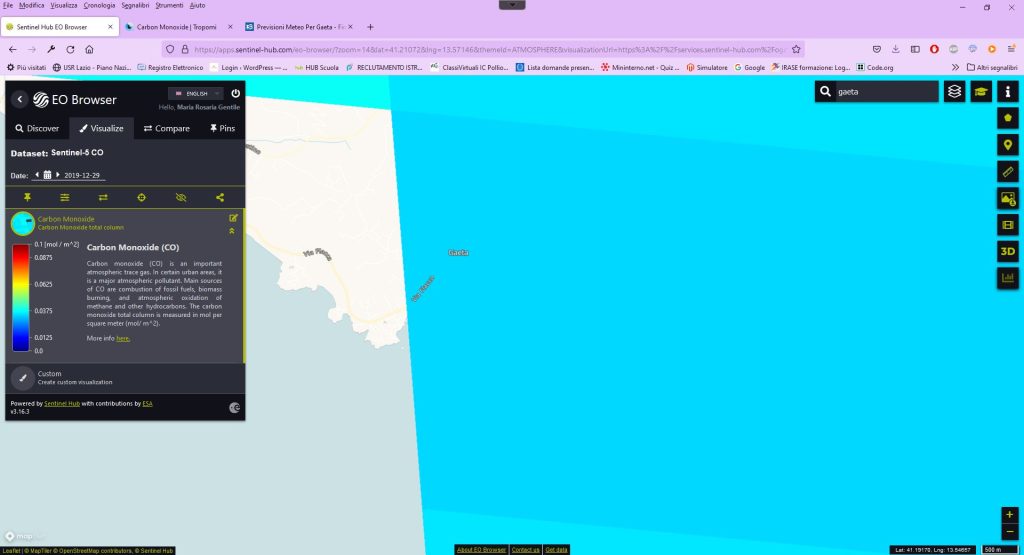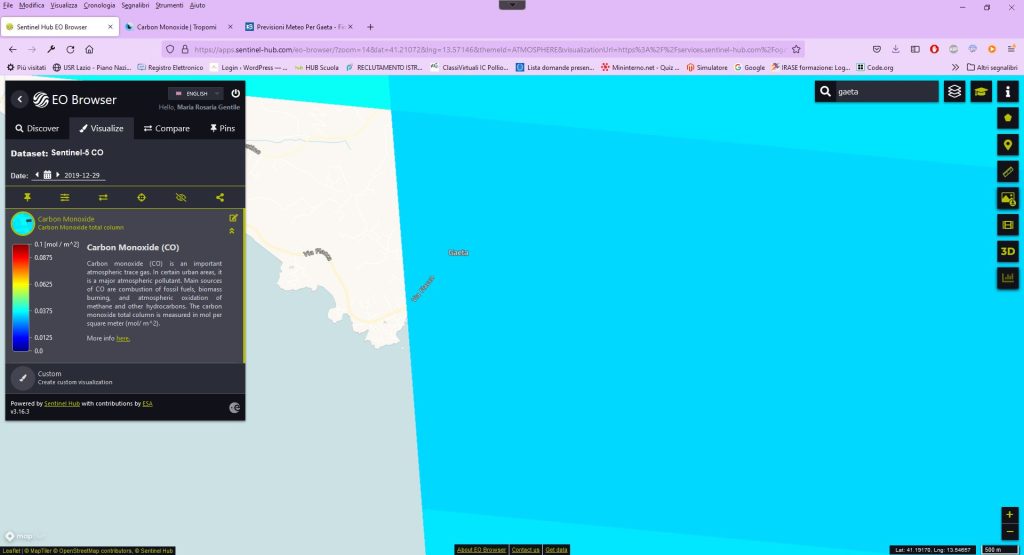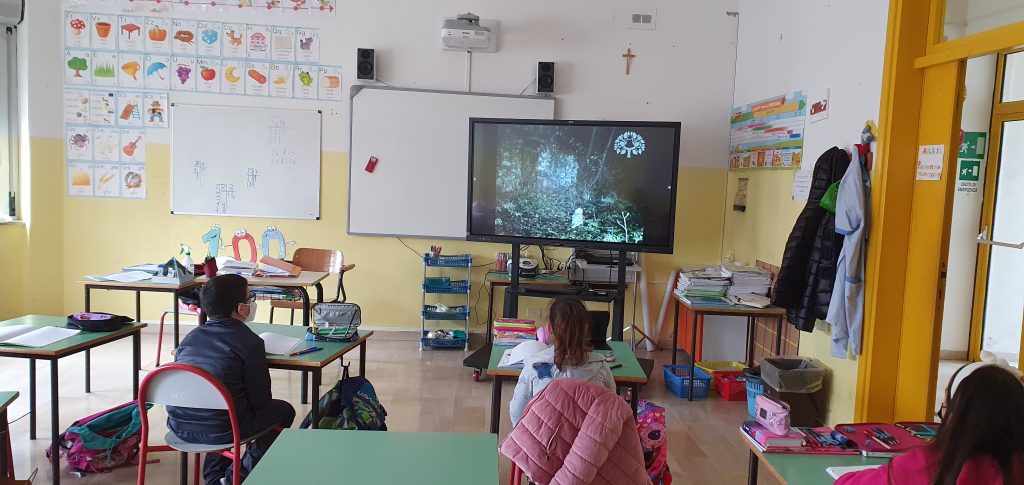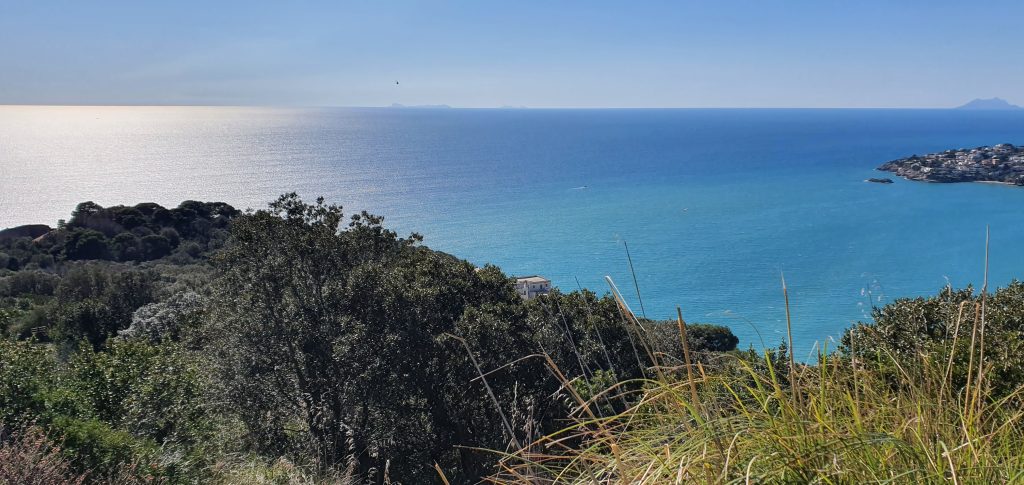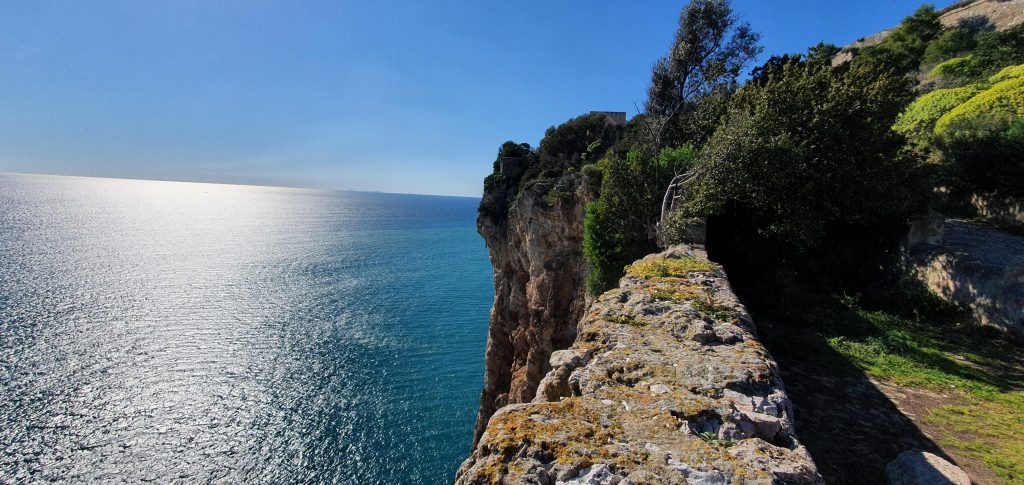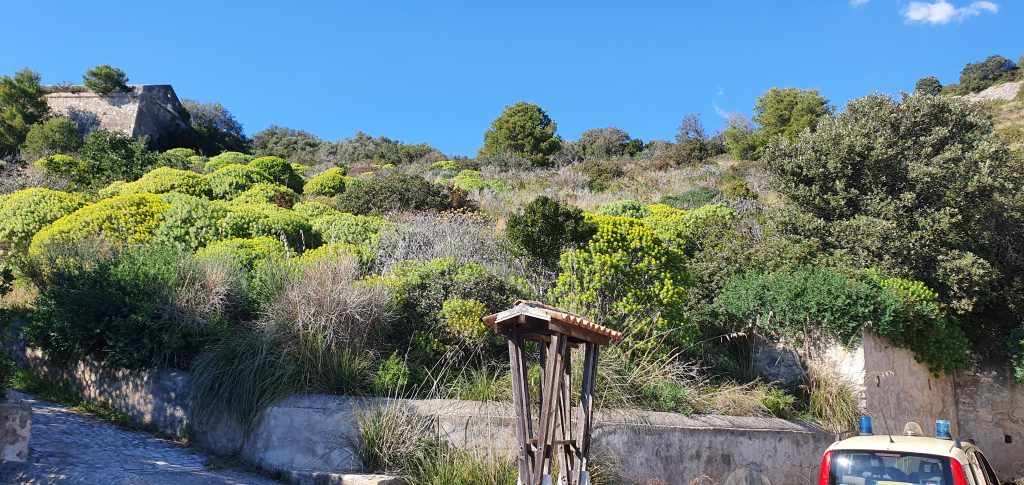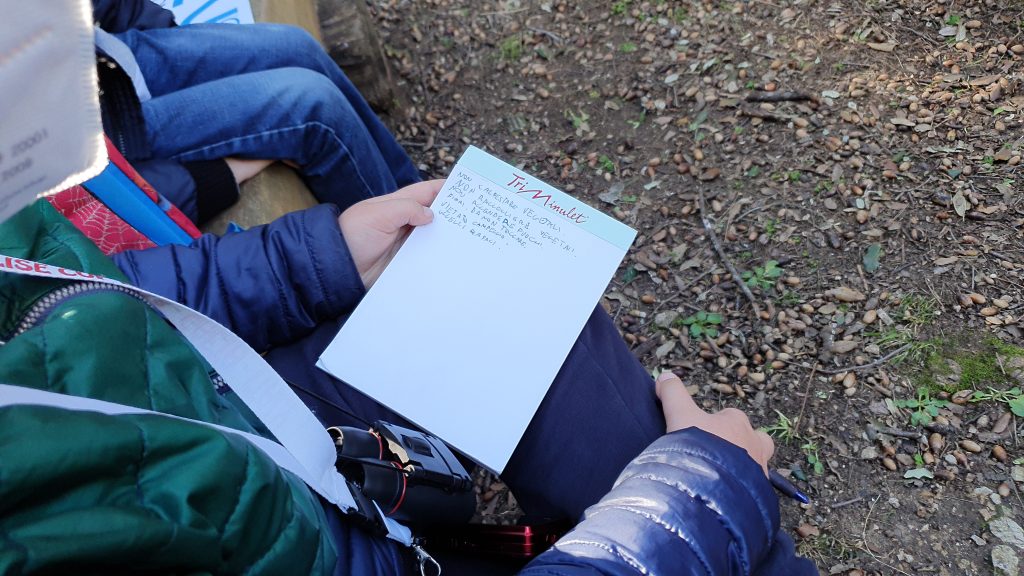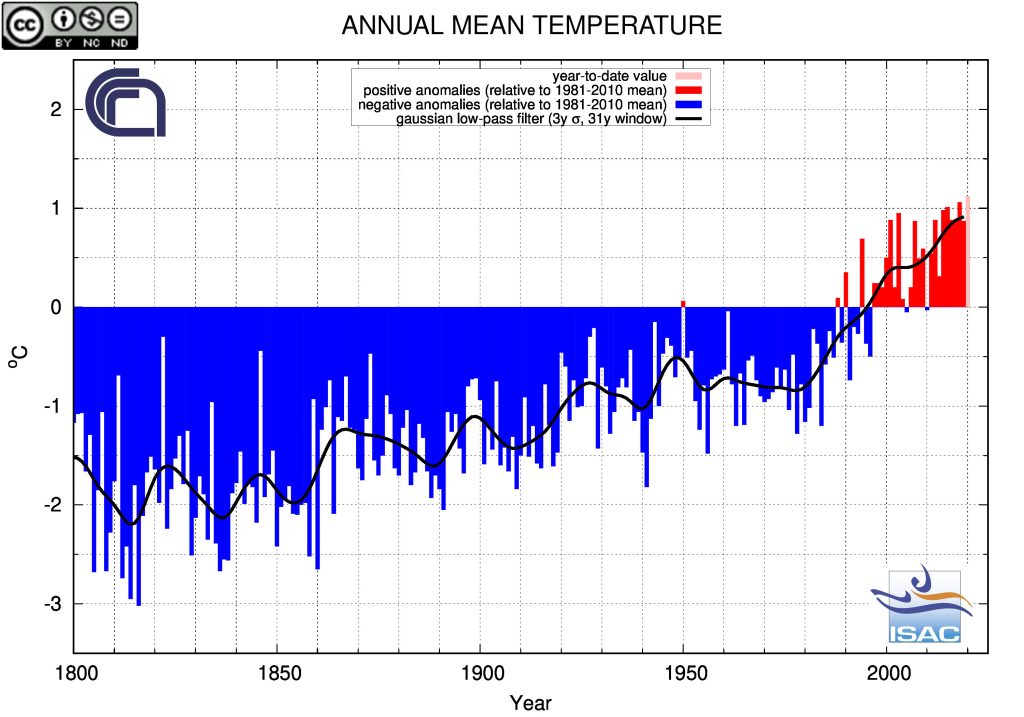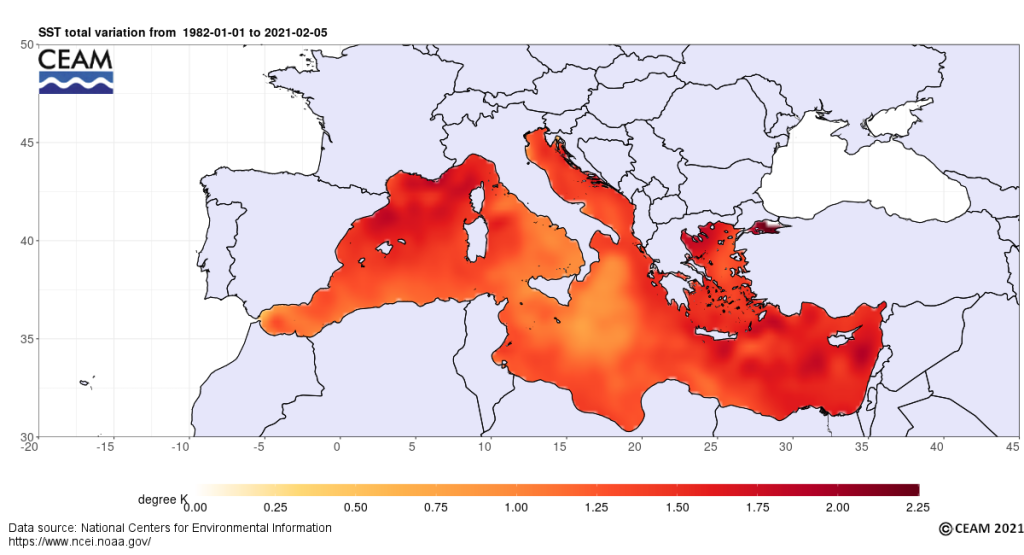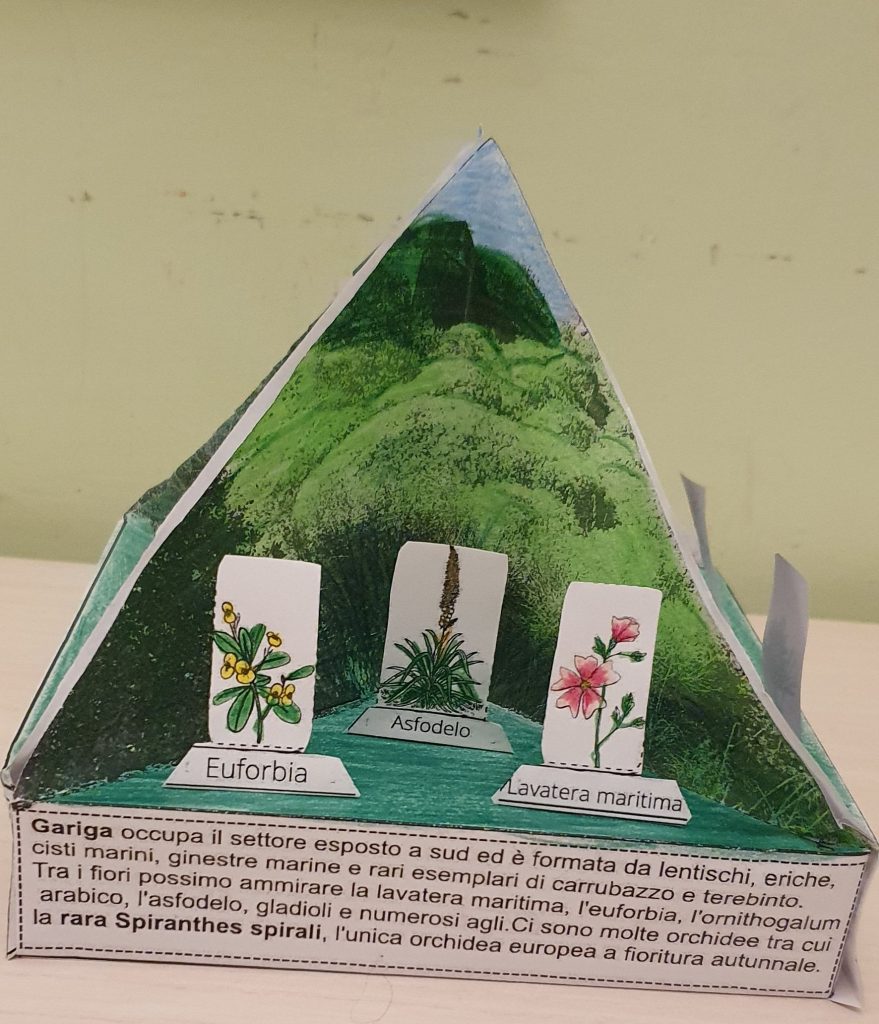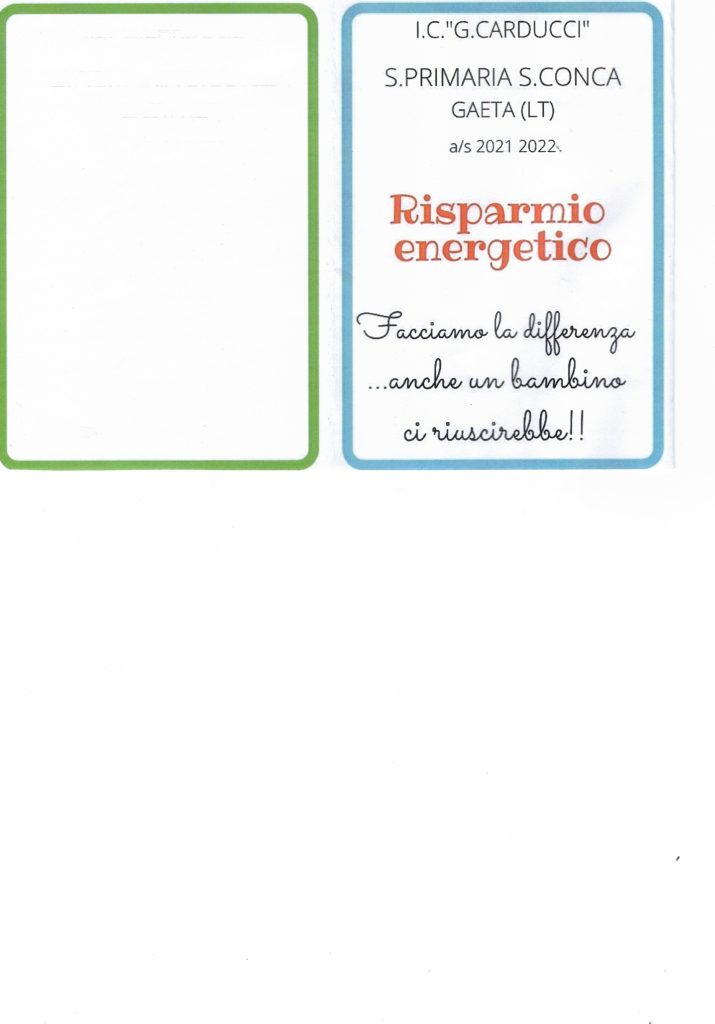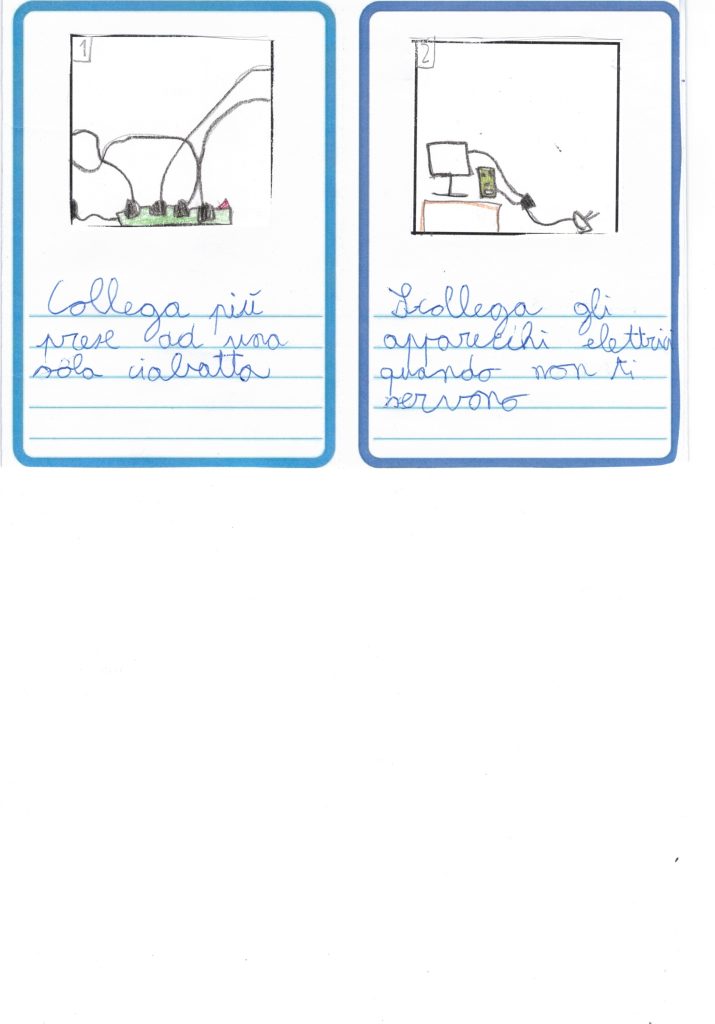| Summary of the project: For nearly three decades, the UN has brought together nearly every country on earth for global climate summits – called COPs – or “Conference of the Parties”. Since then, climate change has gone from being a marginal issue to becoming a global priority. COP26, part of the Framework Conference on Climate Change (UNFCCC), concluded on November 12, 2021, in Glasgow, and for the first time, it is recognized that the goal of climate policies must be to keep the global temperature within a maximum increase of 1.5°C compared to pre-industrial times. |


Scientists believe that birds, resident and migratory alike, are among the living species that respond most rapidly to warming changed, making them true sentinels of anthropogenic change. We live in a city where there is a protected area managed by the Riviera di Ulisse Regional Park Authority. In collaboration with the Park Authority, we decided to understand if climate change is modifying the habits of some species belonging to the local avifauna. The species taken into consideration are the following: Tawny Owl, Lesser Berta, Corsican Gull, Eurasian bee-eater, Wryneck and Sardinian Warbler.
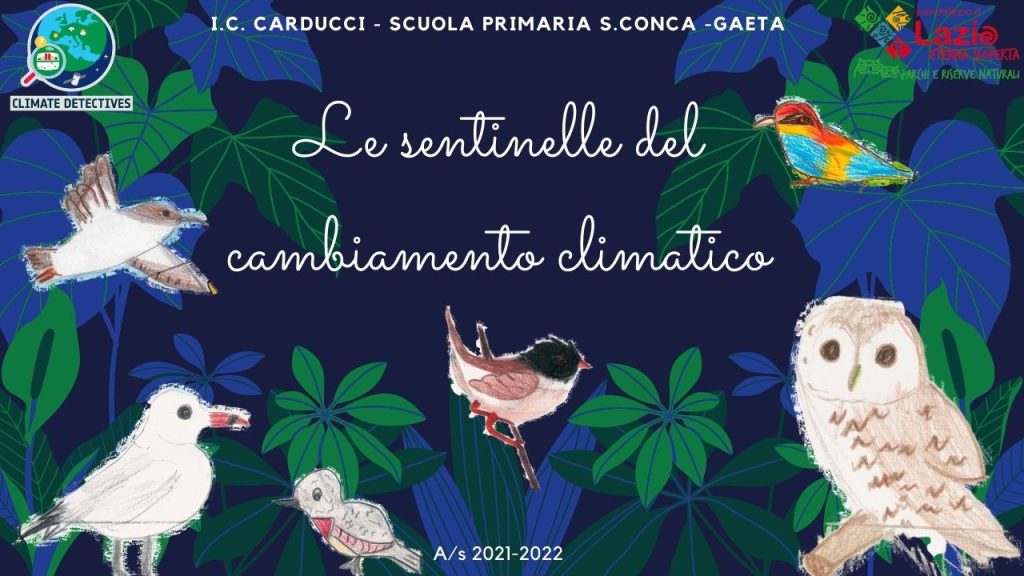


In the classroom we set up a manual meteorological station and recorded our daily measurements on www.MeteoRete.it

In the city of Gaeta there is also a station for air quality measurements, managed by ARPA Lazio. Thanks to the collaboration with ARPA, we analyzed the data related to the presence of polluting gases on the territory.

The terrestrial data were correlated with the collection of information from the artificial satellites Sentinel2 and Sentinel5 in the area of the Regional Park of Monte Orlando.
A further enrichment of the information was possible thanks to the data provided by the qualified staff of the Authority that accompanied us in every step of the way.
To get to the answer of the investigated problem, we followed a path of knowledge that lasted about 5 months. Entering the last phase, on April 4, 2022, through the Gsuite platform, we were lucky enough to be able to connect with the scientist Christian Lavarian who followed us throughout the path with great patience and professionalism, supporting us in all our initiatives. For us it was an amazing opportunity to be able to share with him our experiences, our discoveries and especially our emotions. After the collection and analysis of all the data collected, we can say that over the years in the city of Gaeta there has been an increase in maximum temperatures and a decrease in rainy days. These phenomena have caused a change in the habits of the birds under research.


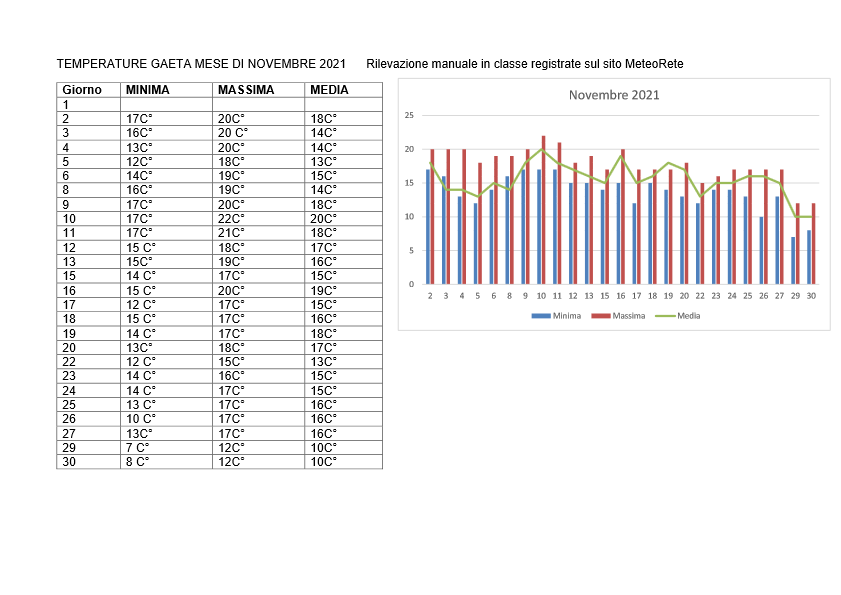





Allocco has changed the color of its plumage, the Lesser Shearwater has entered the red list of the IUCN and listed in Annex I of the “Birds” Directive (2009/147 / EEC), the Corsican Gull, a protected species that nests on cliffs of Monte Orlando, sees its presence endangered by human activities, the Occhiocotto and the Torticollis, from the data extracted from the Annex to Resolution 11.17 (Rev.COP13) /Rev.1 AFRICAN-EURASIAN MIGRATORY LANDBIRDS, are been declared a decreasing species. Only the bee-eater whose presence remains constant is saved. To make the data easy to read, we decided to create an infographic that can be easily disseminated in schools and throughout the area.



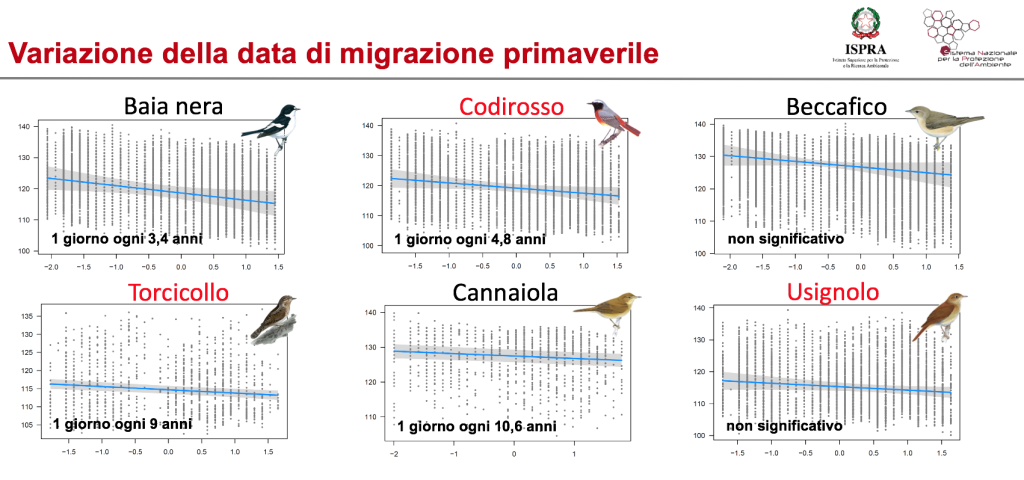
Studying in depth the causes of the increase in global temperatures caused by the emission of anthropogenic greenhouse gases, in particular CO2, we understood that each of us can make a difference by implementing small but important daily gestures. We have designed and built a 3D model to show everyone the beauty of the ecosystem in the protected area of Monte Orlando.
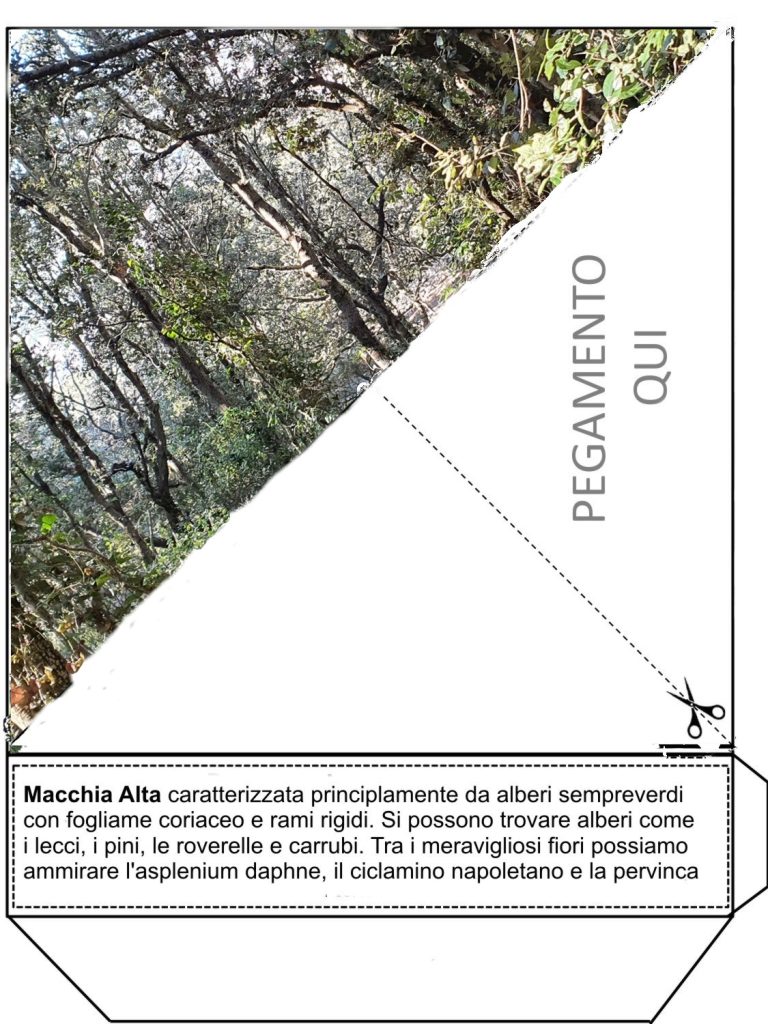




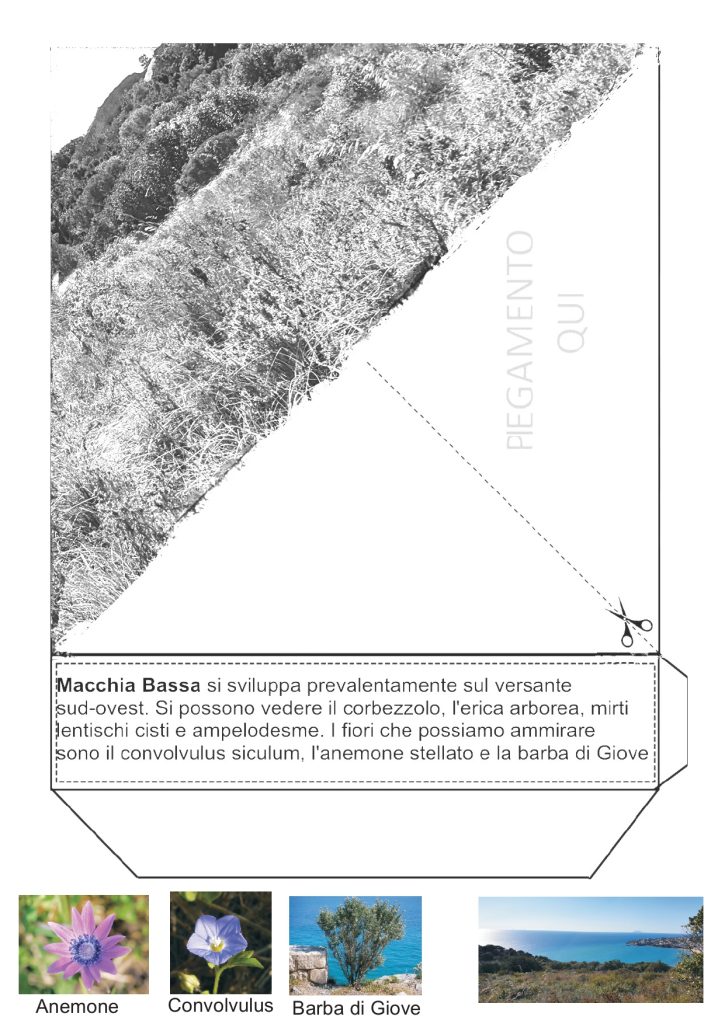




We have created an informative booklet “Making a difference … even a child can do it”, to understand how simple actions can contribute to energy saving.
The best experiences for us were those carried out in collaboration with the Park Authority that allowed us to carry out lessons within the protected area and made us plant 4 Aleppo Pines as a good practice to be followed in other cities. At the end of the course we realized that we are very lucky to live in a city where there is a protected area that has the function to safeguard nature and our health. But the “sentinels of climate change” are trying to tell us that the climate is changing and that we must not waste any more time, we must act because only by acting we can make a difference and save life on Earth.
